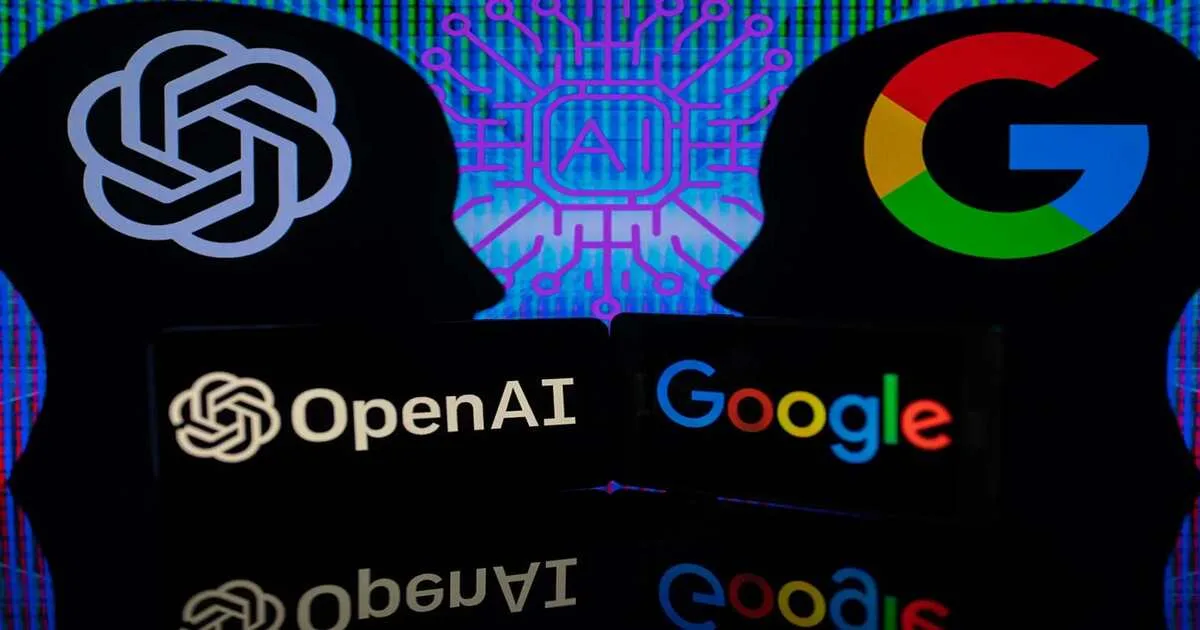As OpenAI positions itself against Google in the search engine domain, the unfolding scenario indicates a monumental challenge. This confrontation is not just about technological prowess but also about disrupting a market dominated by Google for decades. The integration of AI into search engines by both entities marks a new frontier in how we interact with the internet.
Key Highlights:
- Google and Baidu are developing ChatGPT rivals, Bard and Ernie Bot, respectively, aiming to revolutionize search with AI capabilities.
- Microsoft’s strategic investment in OpenAI signals a significant shift, potentially challenging Google’s search engine dominance.
- Concerns about data privacy and the inherent unpredictability of AI responses pose challenges for both Google and OpenAI.
- Microsoft’s integration of OpenAI technology into Bing has sparked discussions about a potential shift in the search engine market.
The dynamics between Google and OpenAI, fueled by Microsoft’s backing, underscore a pivotal moment in the tech industry. Google’s stronghold on search is challenged by OpenAI’s innovative approach to AI-driven search functionalities. Microsoft’s investment in OpenAI not only signifies confidence in the latter’s technology but also marks a strategic move to diversify the search engine landscape currently dominated by Google.
The tech giants are not just competing in terms of technology but are also navigating the intricacies of data privacy, AI ethics, and the need for regulatory frameworks. Google’s Bard and Baidu’s Ernie Bot are set to rival OpenAI’s ChatGPT, indicating a broader trend where AI becomes central to search engine evolution. However, incidents such as ChatGPT inadvertently releasing users’ search histories highlight the challenges of ensuring data privacy and the reliability of AI responses.
Microsoft’s bolstered investment in OpenAI reflects an aggressive approach to leveraging AI for enhancing its suite of products, including Bing. This move has sparked a renewed interest in Bing as a formidable competitor to Google’s search engine. The debate extends beyond technology, touching upon the potential market shifts and the strategic realignments within the tech industry.
As the competition intensifies, Google’s response involves careful consideration of AI’s role in search, balancing innovation with reliability and user trust. The contrast in strategies between Google and Microsoft, backed by OpenAI, could redefine the search engine market, challenging the status quo and setting new benchmarks for AI integration into everyday digital tools.
The dynamics between Google and OpenAI, fueled by Microsoft’s backing, underscore a pivotal moment in the tech industry. Google’s stronghold on search is challenged by OpenAI’s innovative approach to AI-driven search functionalities. Microsoft’s investment in OpenAI not only signifies confidence in the latter’s technology but also marks a strategic move to diversify the search engine landscape currently dominated by Google
In conclusion, the battle between OpenAI and Google transcends the technical domain, reflecting a clash of philosophies and visions for the future of search. OpenAI’s innovative AI applications, supported by Microsoft’s resources, present a formidable challenge to Google’s search empire. However, the journey ahead is fraught with challenges, from technological hurdles to ethical considerations and market dynamics. The ultimate outcome will significantly influence not just the tech industry but also how information is accessed and utilized in the digital age.



















